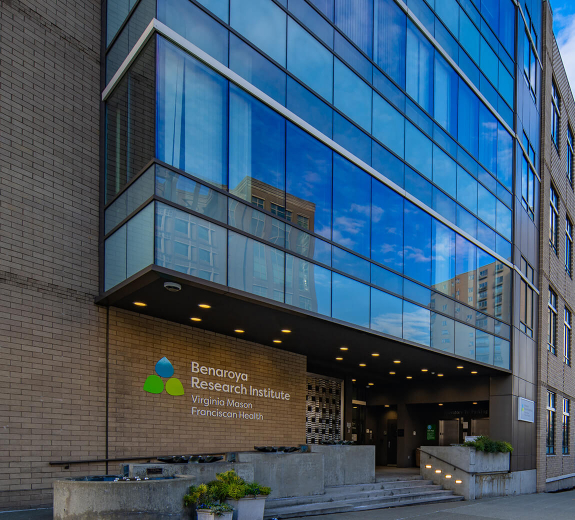Researchers at Benaroya Research Institute (BRI) and the University of Washington published findings today in the Journal of Experimental Medicine that illustrate a novel mechanism for regulatory T cells’ (Tregs) role in maintaining balance in a healthy immune system. Tregs prevent the immune system from overreacting to harmless substances and from reacting to the body’s own cells, which leads to autoimmunity. While several mechanisms for how Tregs suppress immune system activation have been proposed, the molecular changes that Tregs induce to suppress the immune response have previously remained unclear. These new results show that when Tregs interact with CD4 effector T cells (Teffs), the cells that promote an inflammatory response, they suppress protein synthesis, preventing cell division and the production of more Teffs.
"This is a new discovery in understanding exactly how Tregs work in the body to maintain immune balance," said Steven Ziegler, PhD, BRI principal investigator and co-author on the study. "By controlling protein synthesis, we believe we can mitigate inflammatory responses prompted by loss of Treg function."
The research team analyzed genome-wide changes in the transcriptome and translatome of activated CD4 Teffs. It was found that Tregs suppress global protein synthesis in CD4 Teffs by inhibiting translation of mRNAs encoding members of the translation machinery through concerted action of immunosuppressive cytokines, IL-10 and TGFβ. Additionally, the team found that therapeutic targeting of protein synthesis with a specific RNA helicase inhibitor in order to globally inhibit protein synthesis alleviated the inflammatory response of CD4 Teff activation.
"These results help us to better understand how Tregs work to control inflammation and how we can enhance them to suppress the development of autoimmune diseases," said Jane Buckner, MD, president at BRI and co-author on the study.
For more information on BRI and its research efforts, visit www.benaroyaresearch.org.



